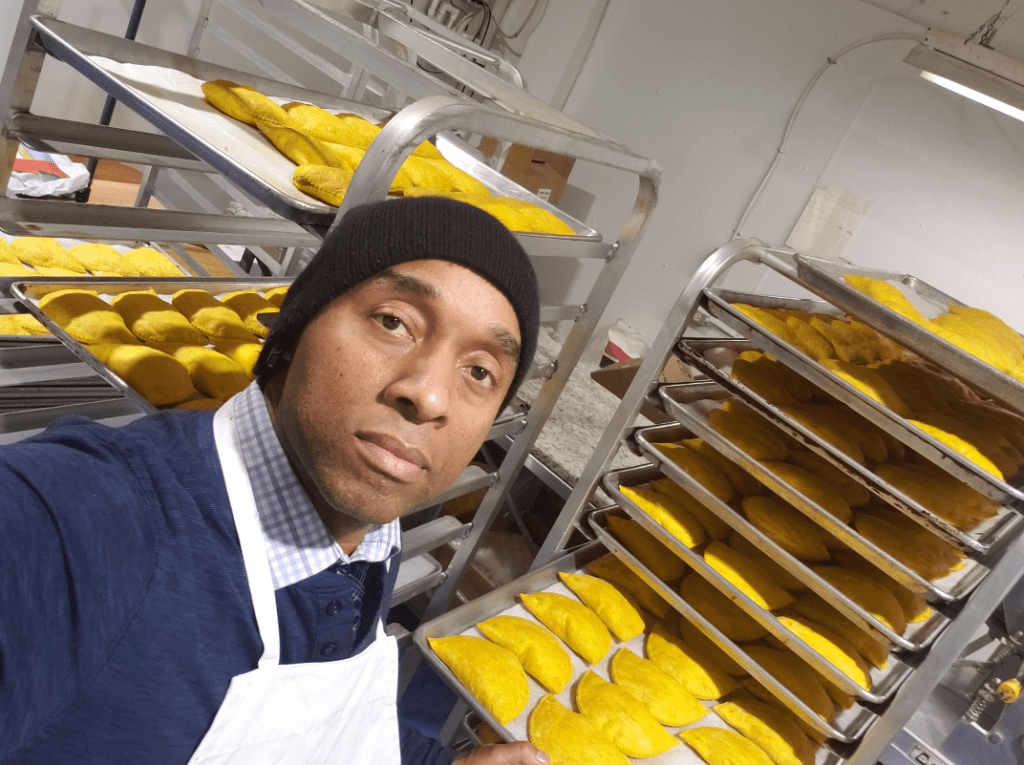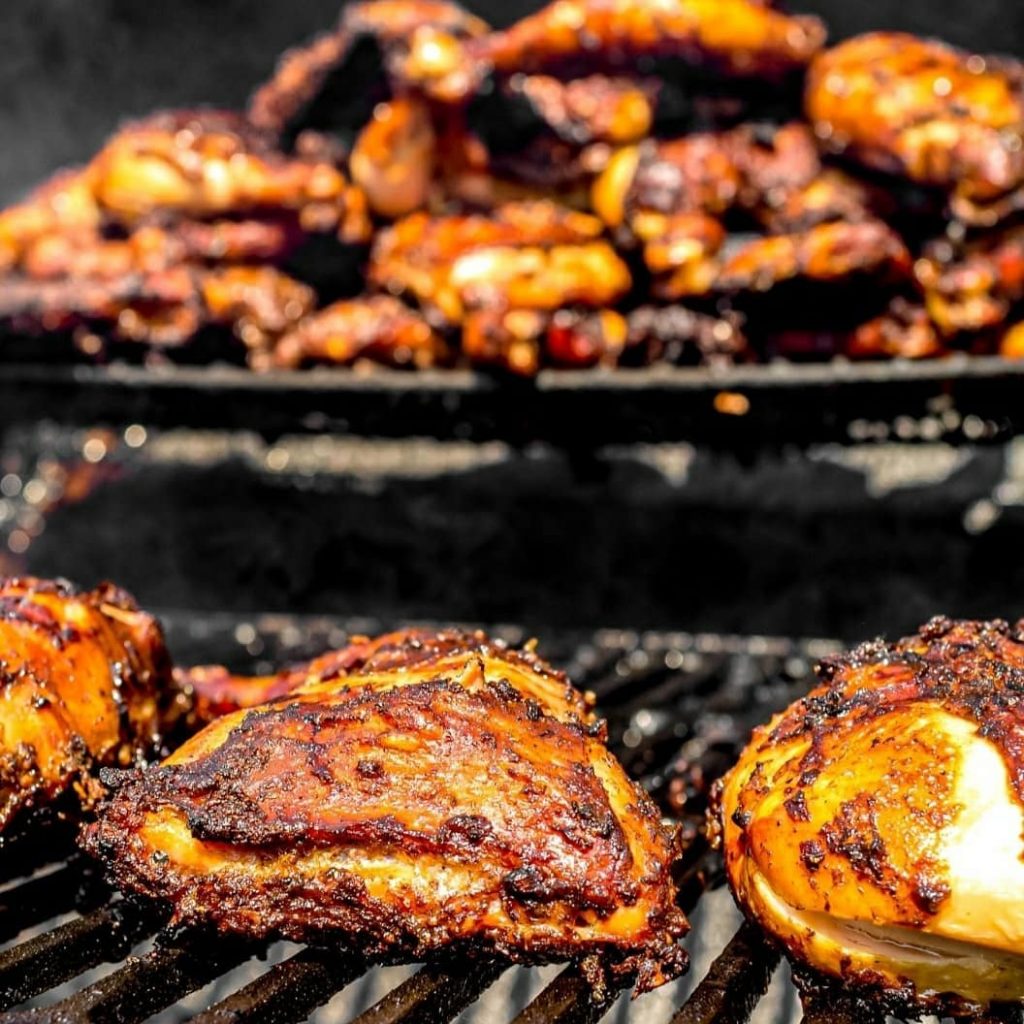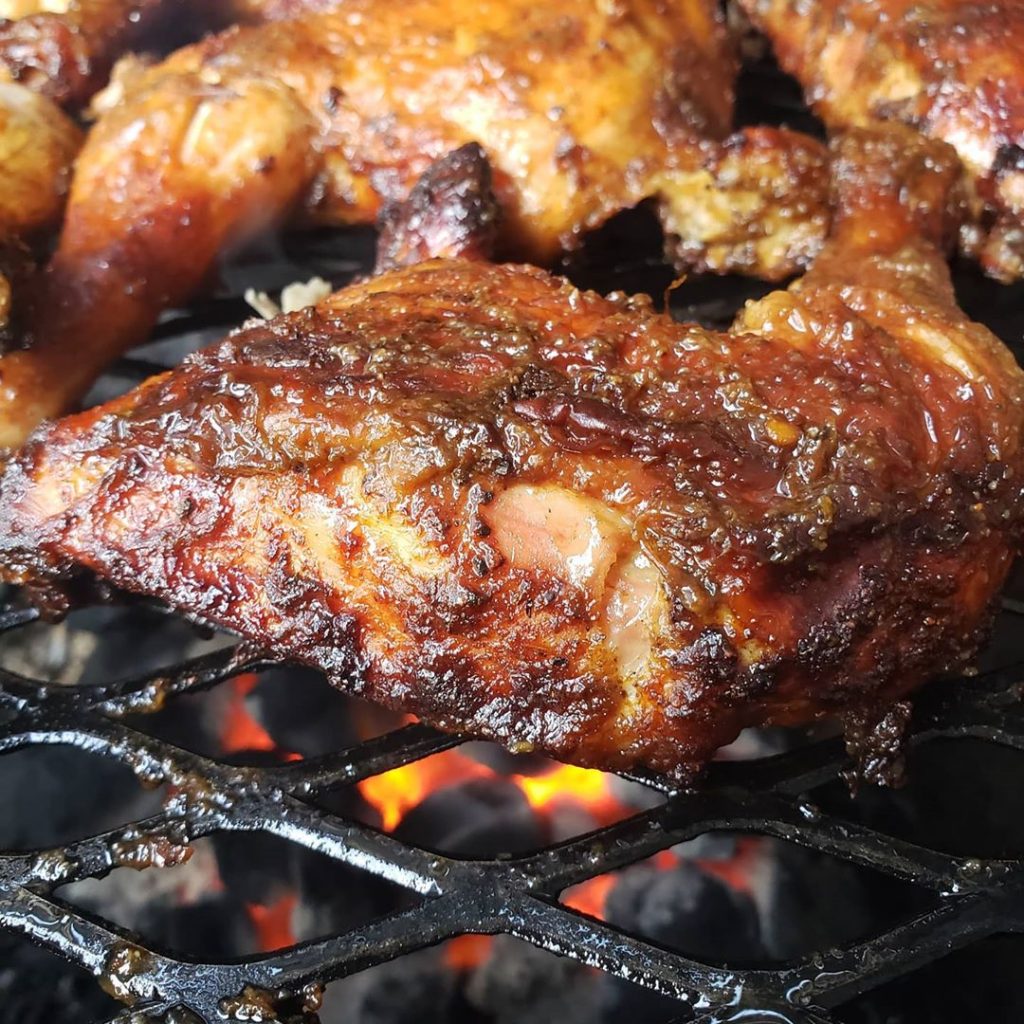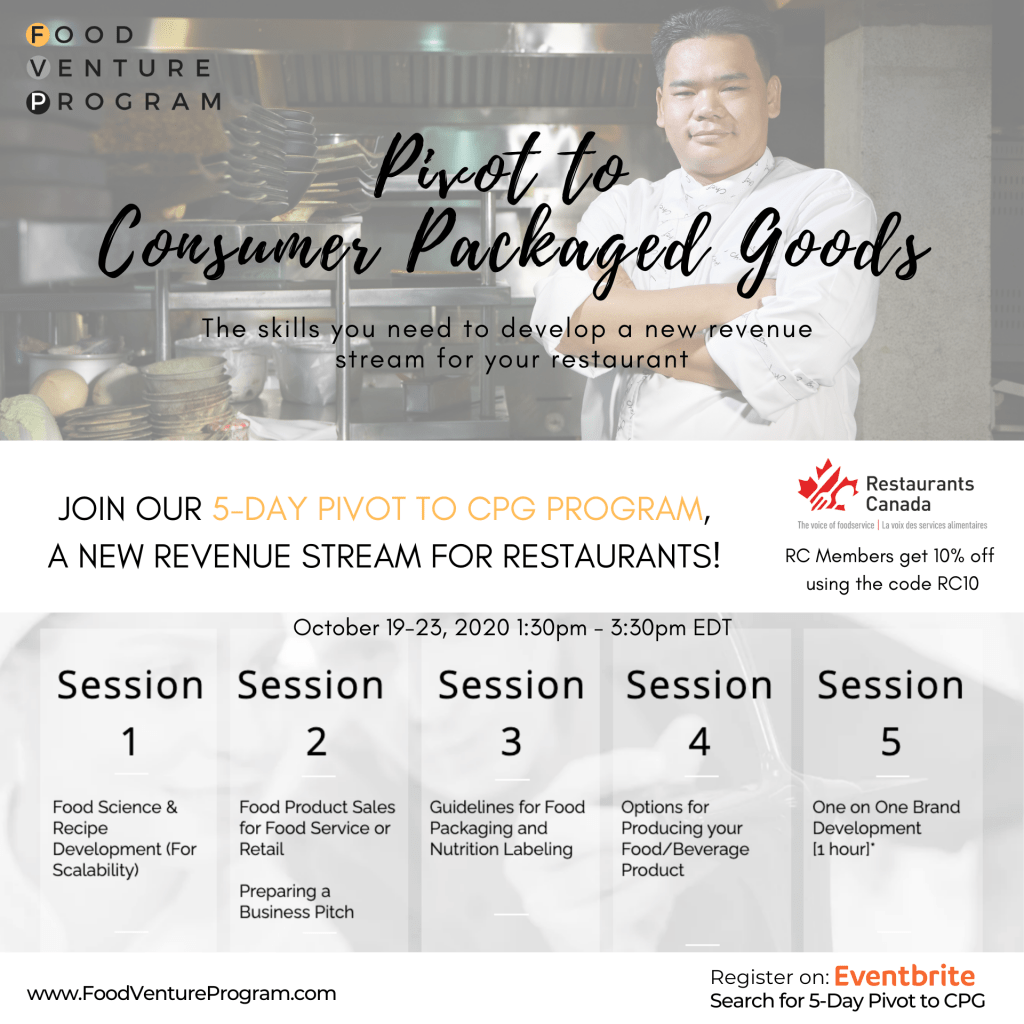How The Big Jerk Took Their Business to the Next Level with the Food Venture Program
A passion for food, eating well, and cooking is what drives most chefs and restaurateurs. Unfortunately, though, a love for delicious dishes isn’t enough to keep a restaurant afloat. Restaurants have thin margins, and a keen interest in, and understanding of the operational aspects is essential; engineering menus, managing teams, and keeping accurate books are all less attractive, though needed parts of owning a restaurant.
Restaurateur Kevin Thomas inherited the establishment – The Big Jerk in Kitchener, Ontario from his parents. While born in Jamaica, Kevin and his family moved to Canada, settling in Kitchener, Ontario when he was six. Throughout his childhood, Kevin’s parents worked primarily in factories while saving money to open up a restaurant. As you might imagine, cooking was always important in his household. His parents ensured to pass down the traditional practices, methods, and flavours of Caribbean cooking. Though love for cooking was instilled in Kevin, as he got older, he decided on a career in engineering.

When he inherited the family business, Kevin was tasked with running a restaurant without formal business training. “There’s more to owning a restaurant than cooking,” he says. “You can be a great cook, but that doesn’t mean you’re a great restaurateur.”
While seeking out a way to bolster his education in restaurant operations, Kevin came across the Food Venture Program. The Food Venture Program (or FVP), founded by Sima Gandhi and Kiran Bains, provides new food business owners with workshops, consulting, and coaching, empowering entrepreneurs with knowledge and expertise to make confident decisions. FVP supports entrepreneurs looking to begin their culinary journey with six, 10, and 12-week programs designed to help launch a food business.

Programs touch on pivotal topics like: ‘market feasibility of your idea, competitive analysis, constraints and channels, financial feasibility, recipe development, food product sales processes, distribution, and food processing equipment/usage, and more.
For Kevin, the Food Venture Program was a way to “help advance the family business and take it to another level.” Having seen the challenges of the foodservice industry that friends went through, he also felt like enhancing his skill and grasp around operations could provide an added advantage (as well as some peace of mind) as he navigated the often rocky waters of the industry.
Kevin went into the Food Venture Program with a few objectives in mind. Like most business owners, he wanted to grow his operations. Specifically, he wanted to expand his business geographically, increase customers, and have a better understanding of his profit margin and what it would take to service a larger area. On another level, Kevin wanted to come out of the program with confidence as he assumed a leadership role.
What Kevin found was that the program provided him experience that he could directly apply to his operations. Before the Food Venture Program, Kevin wasn’t familiar with calculating profit margin or business modelling. “Not knowing how to build, for example, a business model canvas, and how to apply this to target customers means you’re potentially leaving a lot of money on the table,” explains Kevin. “Without knowing how to forecast, you’re going about your business and hoping you have money left over.”
Kevin identifies one particular example of how the Food Venture Program opened him up to new opportunities. “We recently decided to take our signature patty and try out different flavours to attract different audiences,” he says. “I wouldn’t have seen the opportunity prior to the program.”

Kevin credits the hands-on and ‘real world’ application of the course material for the success of the program. Industry professionals would act as guest speakers, tapping into their foodservice and hospitality industry experience. The exchange between teachers and students was engaging and educational, and for Kevin, the homework assignments provided an opportunity to take in the knowledge and meditate on it.
Kevin’s class was diverse, the age range was between 20 – 60 years old, and every student was coming from a different professional or educational background. “The Food Venture Program doesn’t provide a cookie-cutter approach to dispensing information,” points out Kevin. “[The students] all had different products but the class helped us define our sales avenues, our niche markets, and how to excel in them.”
“The Food Venture Program can really apply to anyone,” says Kevin. “Even seasoned chefs may not have a lot of formal training in the business side. And dealing with customers, understanding the standards for health and safety – these things are indispensable.” The one requirement for success in the program, according to Kevin, is to be self-motivated.
Of course, as the pandemic has rocked all areas of the foodservice industry, the Food Venture Program was not left unaffected. In response to Covid-19, FVP introduced a shorter boot camp for restaurateurs who want to add a consumer package product to their offering as a new revenue stream, called the 5-Day Restaurant Pivot to CPG.

The next Food Venture Program session – 5-Day Pivot to CPG, takes place from October 19 – 22rd, and right now, you can take advantage of early bird pricing (until September 30th, 2020). Restaurants Canada members can also enjoy an exclusive 10% off discount with promo code RC10. Learn more at foodventureprogram.com.









